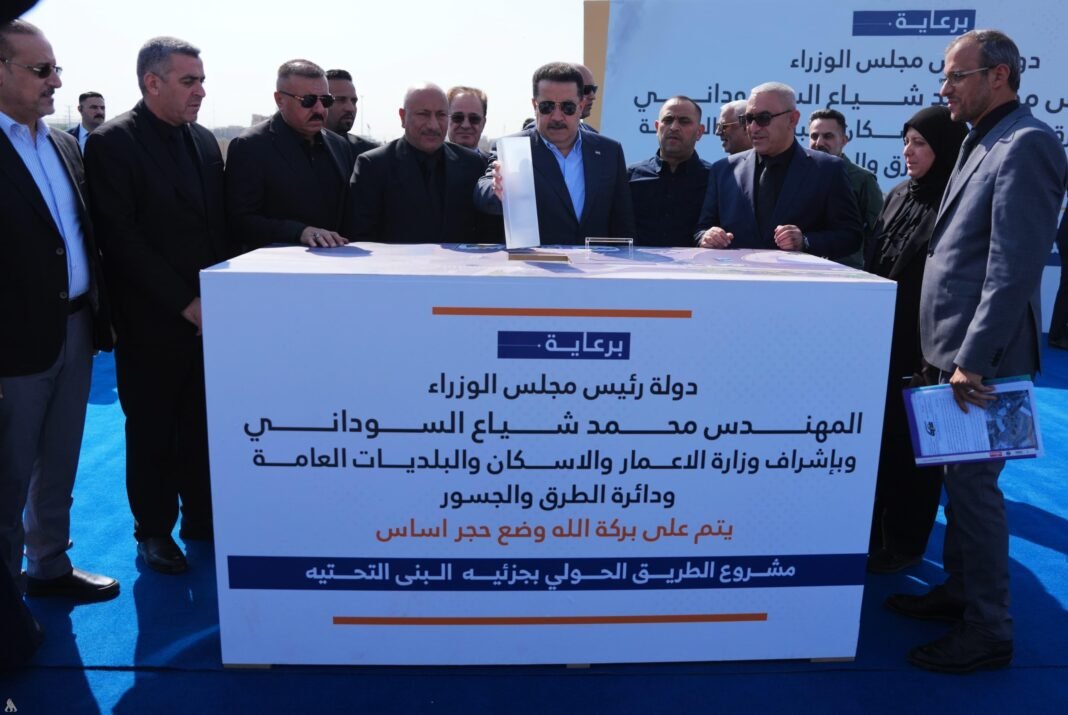Iraq has begun work on the first phase of the Imam Hussein Roundabout project in Karbala, marking a key milestone in the city’s infrastructure development. The government allocated over 400 billion Iraqi dinars, equal to $307 million, for this ambitious plan.
The project forms part of Karbala’s master plan, which outlines three major ring roads with a total length of 27 kilometers. This initial phase will cover 9.2 kilometers, with construction divided into six segments. The road will measure about 60 meters wide, ensuring smooth traffic flow.
Planners included 13 intersections to enhance connectivity and reduce congestion. In addition, three large overpasses, Al-Jaber, Baghdad, and Al-Rushdiya, will improve vehicle movement and safety. The design follows modern engineering standards to ensure durability and long-term efficiency.
Prime Minister Mohammed Shia Al-Sudani highlighted the strategic value of the project during its launch. He explained that Karbala attracts millions of visitors annually, especially during major religious events. Consequently, better road infrastructure will reduce travel delays and improve access to key areas in the city.
Moreover, the prime minister stressed the need for continued investment in Karbala’s infrastructure. The city’s growing population and increasing visitor numbers demand sustainable transportation solutions. Therefore, the government plans to integrate the Imam Hussein Roundabout project with other development initiatives to support economic growth.
Karbala officials believe this road project will also stimulate local commerce. Better transport links will facilitate the movement of goods, reduce delivery times, and attract new business investments. Furthermore, construction activity will create jobs for local workers, adding to the project’s economic benefits.
In the long term, Iraq expects this project to play a critical role in modernizing Karbala’s urban network. The improved infrastructure will enhance the city’s capacity to host large gatherings, strengthen regional connectivity, and boost tourism-related revenues.
With work already underway, residents anticipate seeing significant progress soon. This development underscores Iraq’s commitment to upgrading vital public infrastructure and meeting the needs of both citizens and visitors. By delivering this project successfully, the government aims to set a model for future transportation projects across the country.





